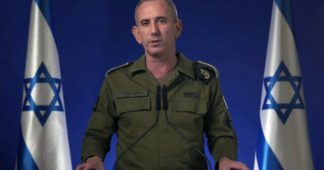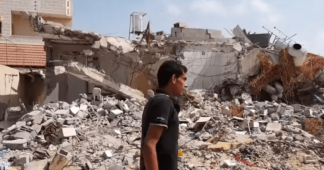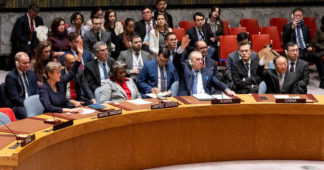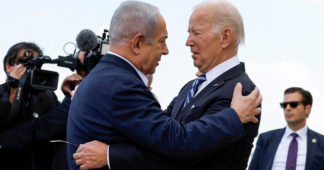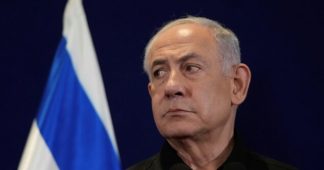Jul 2, 2024
Israel’s top generals are advocating for a ceasefire in Gaza, even if it means the Palestinian movement Hamas remains in power, the New York Times reported on Tuesday.
This stance has reportedly created a rift between the military and Israeli Prime Minister Benjamin Netanyahu, who opposes a truce that would allow Hamas to survive the war.
The generals believe that a truce is the best way to secure the release of the roughly 120 Israelis still held in Gaza, both dead and alive, according to interviews with “six current and former security officials”.
“Underequipped for further fighting after Israel’s longest war in decades, the generals also think their forces need time to recuperate in case a land war breaks out against Hezbollah,” the report added, citing multiple officials.
Indeed, a truce with Hamas could also facilitate a deal with Hezbollah, according to the officials, most of whom spoke on the condition of anonymity.
The General Staff Forum, Israel’s military leadership, is composed of roughly 30 senior generals, including the military chief of staff, Lt. Gen. Herzi Halevi, and the commanders of the army, air force, navy, and military intelligence.
The military’s support for a ceasefire, according to the report, “reflects a major shift in its thinking over the past months as it became more clear that Mr. Netanyahu was refusing to articulate or commit to a postwar plan.”
Eyal Hulata, who served as Israel’s national security adviser until early last year, and who regularly speaks with senior military officials, reportedly said, “the military is in full support of a hostage deal and a ceasefire. They believe that they can always go back and engage Hamas militarily in the future.”
Hulata also reportedly indicated that the military has “less munitions, less spare parts, less energy than they did before — so they also think a pause in Gaza gives us more time to prepare in case a bigger war does break out with Hezbollah.”
The NYT said that “it is unclear how directly the military leadership has expressed its views to Mr. Netanyahu in private but there have been glimpses of its frustration in public, as well as of the prime minister’s frustration with the generals.”
Netanyahu has firmly rejected any ceasefire proposal, “because that outcome could collapse his coalition”, according to the report.
Therefore, the military fears a prolonged conflict where its resources are gradually depleted while captives remain captive and Hamas leaders stay at large. In this scenario, keeping Hamas in power temporarily in exchange for hostage releases seems like the least worst option for Israel, Hulata reportedly said. Four senior officials who spoke on the condition of anonymity agreed.
On June 19, Daniel Hagari, the Israeli army’s chief spokesman, said in a TV interview that “those who think we could make Hamas disappear are wrong. Hamas is an idea. Hamas is a political party. It is rooted in people’s hearts.”
For his part, Israeli army chief of staff, Herzi Halevi, has recently “tried to play up the military’s achievements, in what some analysts said was an effort to create a pretext to end the war without losing face,” the NTW stated.
The report added that Netanyahu’s office declined to comment. He said in a statement on Monday that Israel is close to dismantling Hamas’ military capabilities but did not indicate that this would allow the war in Gaza to end.
We remind our readers that publication of articles on our site does not mean that we agree with what is written. Our policy is to publish anything which we consider of interest, so as to assist our readers in forming their opinions. Sometimes we even publish articles with which we totally disagree, since we believe it is important for our readers to be informed on as wide a spectrum of views as possible.

